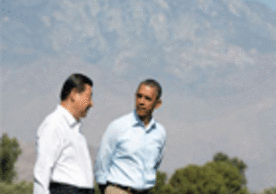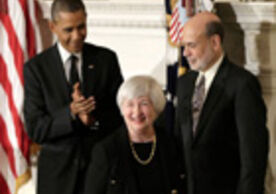The global economy thrives on globalization and the increasing interdependence of finance, production, consumption and trade. Such integration has reduced poverty, yet varying national policies along with ever-increasing speed of transactions and market news have also contributed to imbalances, both among nations and within. Regulations often do not keep pace in managing cross-border debt, foreign direct investment, corporate practices, tax codes or economic bubbles. The eurozone crisis and the US subprime mortgage crisis have demonstrated that one nation’s problems and panic can spread like wildfire. Nations must combine a competitive spirit with cooperation to achieve stable economic growth and sustainable prosperity.





